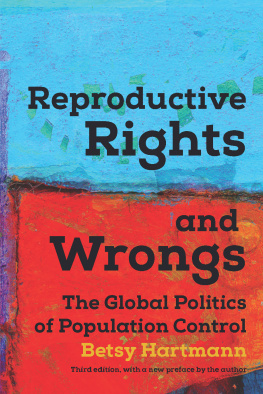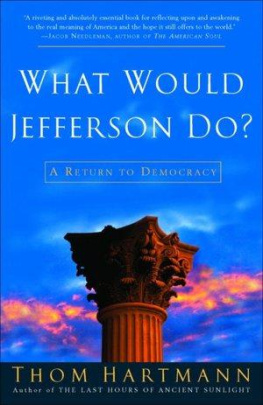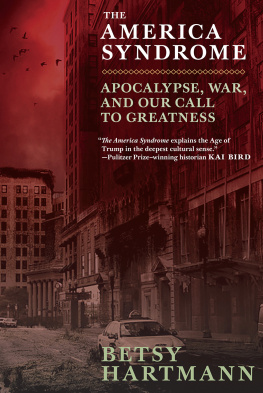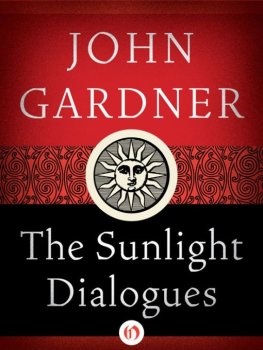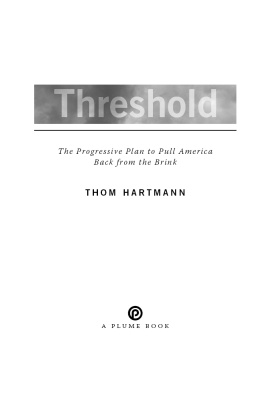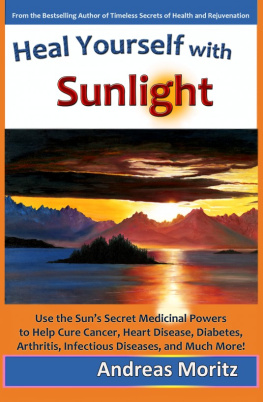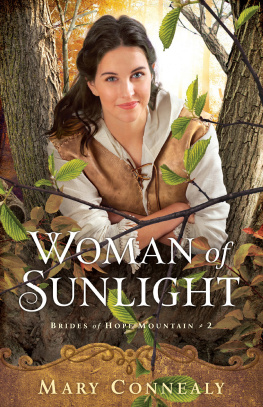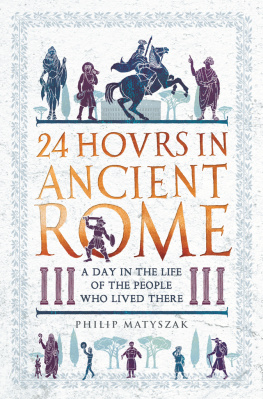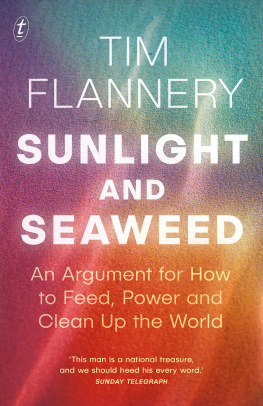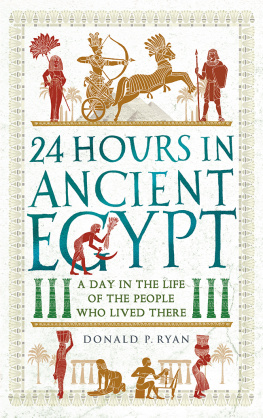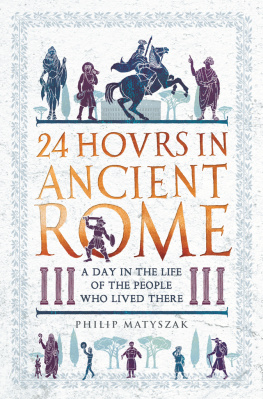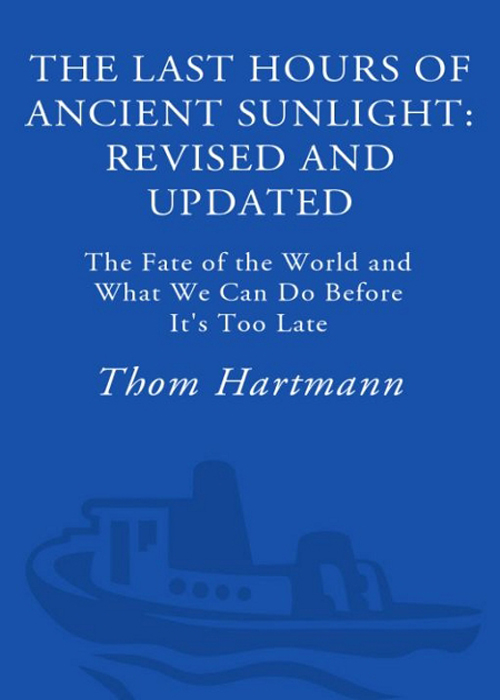
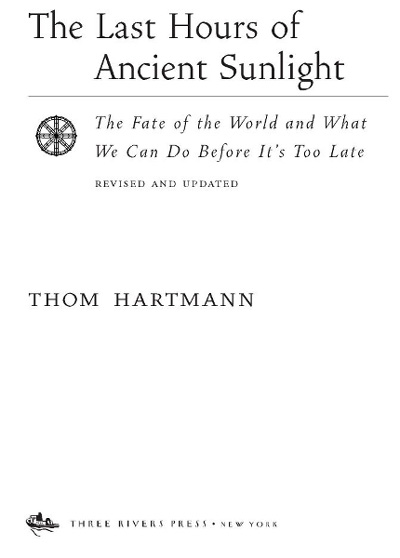
Table of Contents
To my daughter, Kindra Hartmann ,
for all the lessons she has taught us about compassion and love,
and the example of compassion and understanding she lives;
my son, Justin Hartmann,
with respect for his love of books and ideas, and the challenge
he has given to us in his desire and actions taken to change the
world for the better;
and my daughter, Kerith Hartmann,
for the inspiration of her activism and her passionate commitment
to healing both humans and all life.

We, the generation that faces the next century, can add the... solemn injunction, If we dont do the impossible, we shall be faced with the unthinkable.
PETRA KELLY (19471992), founder of the German Green Party
Praise for THE LAST HOURS OF ANCIENT SUNLIGHT
One of the most important books you will ever read in your life.
NEALE DONALD WALSCH, author of Conversations with God
The Last Hours of Ancient Sunlight confronted me with the radical truth of our predicament, and with grace and brilliance gently pointed a way toward our salvation as a species and our evolution as humanity. It is essential reading for the twenty-first century.
BARBARA MARX HUBBARD, author of Conscious Evolution
Thom has a unique overview that helps lighten the shadow that technology has cast over our lives. His message that change is inevitable is powerful, but I came away believing that this is an opportunity, not a disaster.
CAROL ADRIENNE, author of The Purpose of Your Life and co-author with James Redfield of The Celestine Prophecy: An Experiential Guide
Thom Hartmann shows both how perilous and how urgent is the worlds current predicament. This book should rest on the shelf next to Vice President Gores Earth in the Balance.
STEPHEN LARSEN, PH.D., author of The Shamans Doorway, The Mythic Imagination, and with his wife, Robin, A Fire in the Mind: The Life of Joseph Campbell
Thom Hartmann makes a compelling case for awakening to our potential to live in a world in harmony with our well-being. I resonate with his solutions and applaud his suggestions for pulling it all together.
ALAN COHEN, author of A Deep Breath of Life
Thom Hartmanns book is deeply engaging, readable, and uncannily focused. An empowering and refreshing departure from the dry tomes of exasperating academia; at once revisionist in fact, generous in spirit, and too close to home for comfort.
DR. MICHAEL TOBIAS, director, producer, and author of Voice of the Planet and World War III
Hartmann is a blend of James Michener and Rachel Carson. This is the kind of book which starts movements with millions of people heartfully involved. Its a book every studentand, indeed, every citizen of the worldshould read.
ROB KALL, president of Futurehealth, co-author of Biofeedback Theory & Practice
In experiencing and living the absolute oneness of all, Hartmann points out, we generate the most direct, radical and powerful force available to us for the ecological transformation of the world.
MICHAEL HUTCHISON, author of Megabrain and The Anatomy of Sex and Power
Thom Hartmann has established himself as a prophet crying in the wilderness of civilization. He sees our best solution in recapturingin the presentthe spirit of cooperative community that animated our huntergatherer ancestors before they were wiped out by city-states, and finds such a spirit in many current-day intentional communities.
DON CALHOUN, author of The Oceanic Quest and Spirituality and Community
This book is powerful, challenging, and alarmingbut filled with hope. Hartmann shows how we can and must change our lifestyle through changing our consciousness.
AUDREY MCGINNIS, retired Unity minister
Hartmann offers a lucid, thought-provoking and impressive analysis of how profoundly our global civilization is off course. To regain our sanity he prescribes reconnecting with ancient tribal wisdom, altering our most fundamental habits and acting as if we are an integral part of lifes sacred circle.
JAY FIKES, author of Reuben Snake, Your Humble Serpent
One of the most rousing, raging, and right-thinking works of our time.
JEAN HOUSTON, author of A Mythic Life and A Passion for the Possible
Foreword
BY JOSEPH CHILTON PEARCE,
author of The Crack in the Cosmic Egg,
The Magical Child, and Evolutions End
To discover brilliant, innovative, creative, and original thinking is one of lifes rare privileges. To discover that such a thinker has focused on the most critical of all issues facing our species is encouraging. Because the following work is seminal, offering a viewpoint original yet ancient, I see our situation today in a new light. And, because of the scope and depth of this work, I find it inspiring as well as disturbing. I rather exhausted superlatives in praise of Thom Hartmanns previous book, The ProphetsWay, which I rightly called the most important book I have ever read, since that is what it was to me personally, but now I find this sequel to it calling for equal praise, since the issue here addresses the whole of our species and indeed all species.
I have long puzzled how it is that the heartbreaking and near-terrifying nature of our ecological crisis is treated casually by and large, when not completely neglected or ignored by a generally sleepwalking populace. A planetary crisis embraces everything from the personal and social to worldwide, but in spite of an occasional flurry of lip service and lets pretends concerning the avalanche of disasters we are perpetrating, most of our gestures (a bit of recycling, a bit less driving, turning down the heat or AC, sending a check to the Sierra Club) seem to serve only to relieve our guilty conscience or mask our growing feeling of impotence. Nothing much is happening, at any rate, to halt our downward plunge.
Perhaps our tendency to screen out and play ostrich is because the rape of our Earth is simply too huge and awful a predicament, encompassing forces far beyond our personal control (and, it seems with a bit of reflection, everyone elses, since no one is in control). The only close parallel of which I know may be found in that now-receding cloud of atomic-annihilation that hung over our heads for nearly a half-century. Or, on a more regional (and personal) level, I might mention the destruction by strip-mining, for bituminous coal, of the Appalachian mountains in southwest Virginia and eastern Kentucky, scene of my halcyon and idyllic childhood. The destructiveness of strip-mining, beginning in the postWorld War II period, must be seen to be believed. A person can stand atop an untouched ridge and look out and see whole ranges literally leveled, annihilated, goneghastly scars gouged into what was once the loveliest of terrains, the southern highlands. Trail of the Lonesome Pine, and all that, now with rivers silted over and ruined, valleys decimated, the land defaced, but huge sums made in the offing short-term propositions that involved buying up entire judicial systems throughout the region and blocking every conceivable recourse to sanity; earth movers with wheels two stories high (vehicles that had to be constructed on-site) moved mountains without a grain of faithonly petroleum.
Next page

